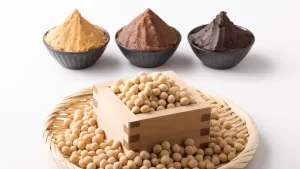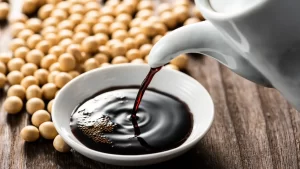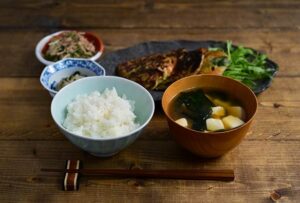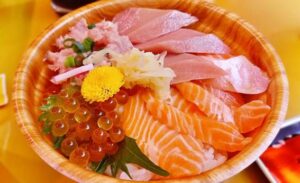Let’s talk about Fermented Foods!! Part 2
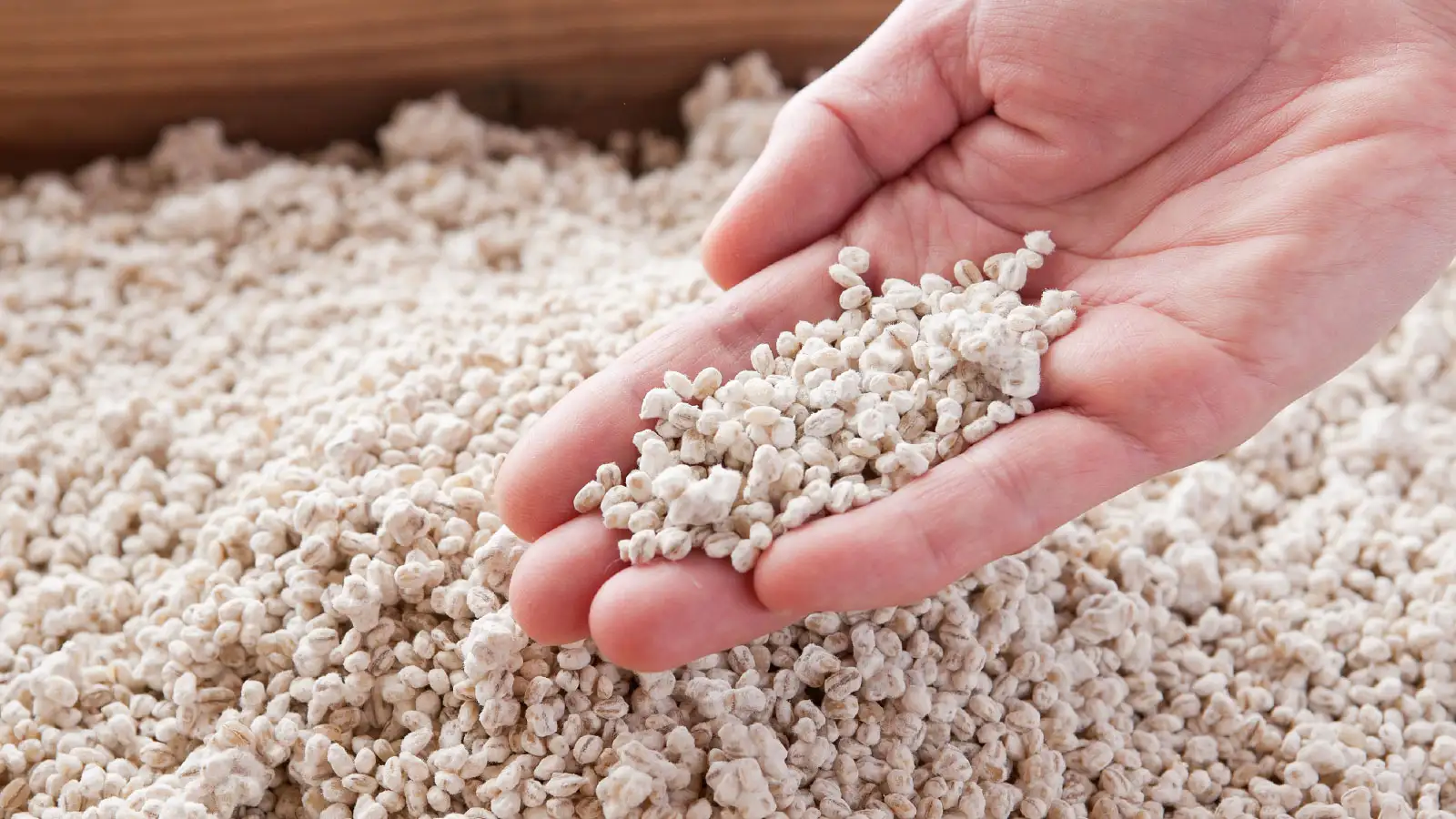
Fermentation has been used as a preservation technique in cuisines around the world since Neolithic times, producing everything from beer and wine to bread, yogurt, pickles, and vinegar. Fermentation not only preserves food and adds nutritional value, but it also changes the way a food looks and tastes, creating interesting new flavors and textures.
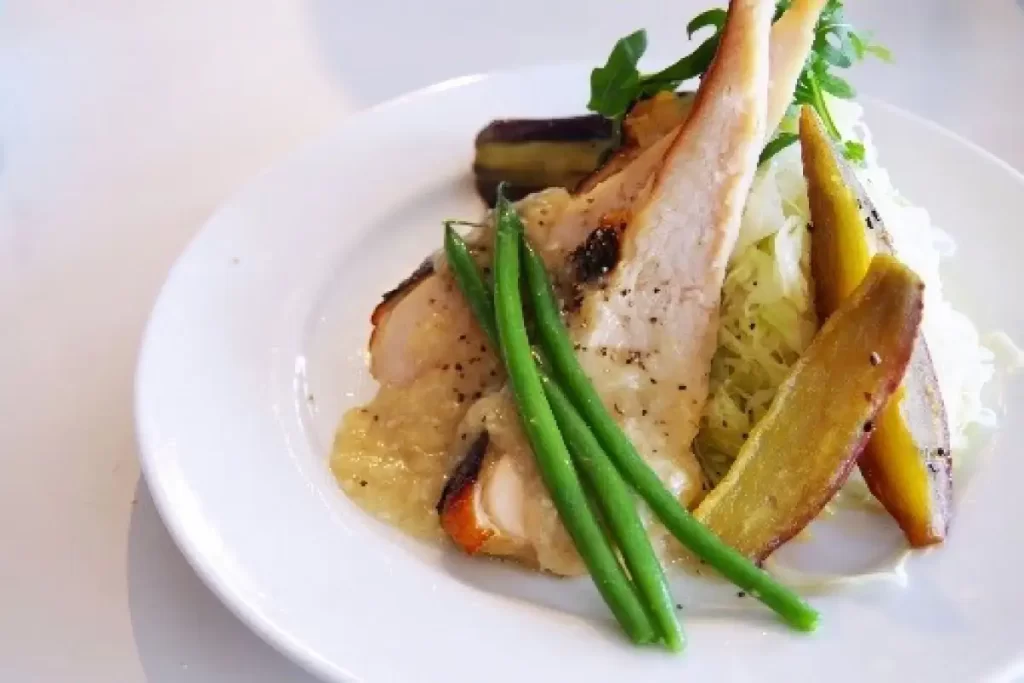
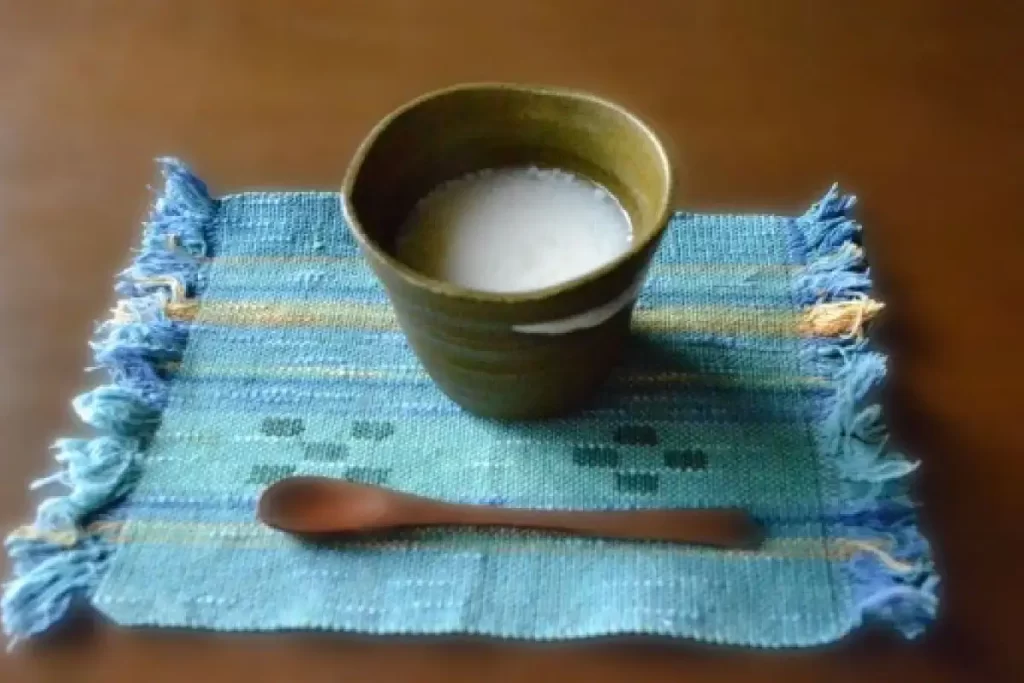
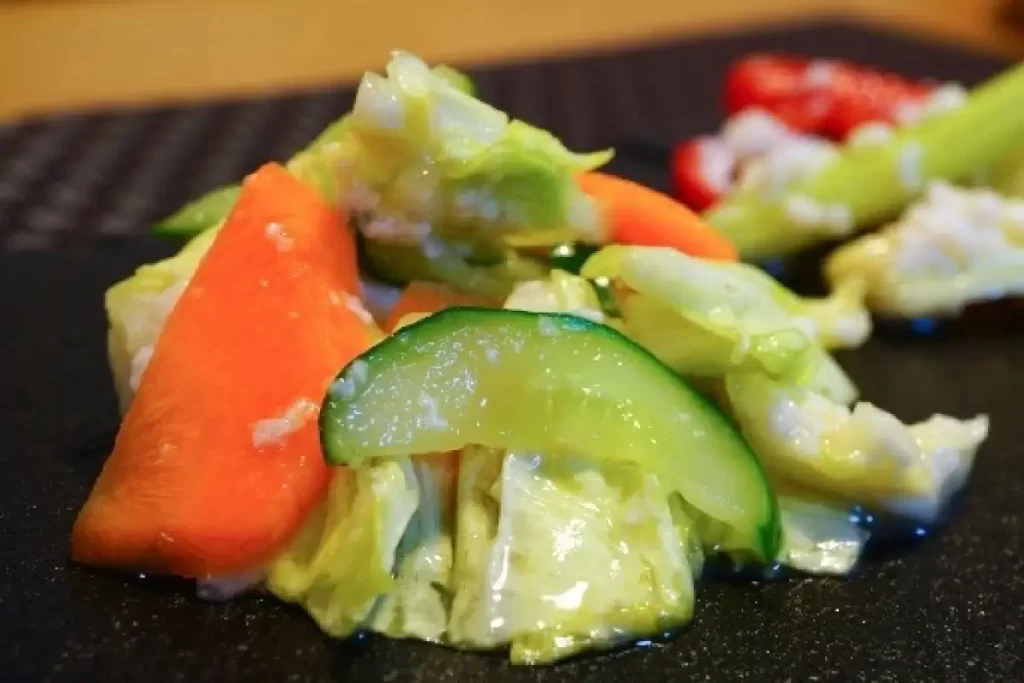
In Japan’s fermentation culture, koji mold also play an important role.
The main microorganisms that produce fermented foods are koji mold, yeast, lactic acid bacteria, natto bacillus, and acetic acid bacteria, but koji mold is found only in Japan. Miso, soy sauce, mirin, rice vinegar, sake, dried bonito flakes, and other ingredients that define the flavor of Japanese food are all fermented foods produced by the action of koji molds.
Koji molds have a strong ability to produce sugar and not much acid. This produces umami, a mild sweetness, and other flavors that are essential to Japanese food. It also requires careful handling because it is susceptible to bacterial contamination and very delicate.
There are different types of koji, depending on which grains are used to grow the mold. The most popular type of koji is rice koji. It can be made with either white or brown rice and is used in a wide variety of fermented foods such as sake, miso, shoyu (soy sauce), shio (salt) koji, shoyu koji, and amazake. Recently, the number of people trying rice koji fermented foods at home has increased.
Introducing a variety of fermented foods from Gunma! “Shio Koji and Shoyu Koji”
Kojiya : Shio Koji and shoyu Koji
Founded in 1566, it is a company that has inherited the technique of making koji that has been cultivated for 22 generations since the Muromachi period.
Artisans are still passionate about making Koji using traditional method.
They use 100% Akitakomachi from Akita Prefecture, a brand that is safe and popular in Japan. Shio-koji and Shoyu Koji are all-purpose seasonings that can be used in any cooking method, bringing out the umami of ingredients and allowing you to marinate meat, fish and vegetables for baking and flying.
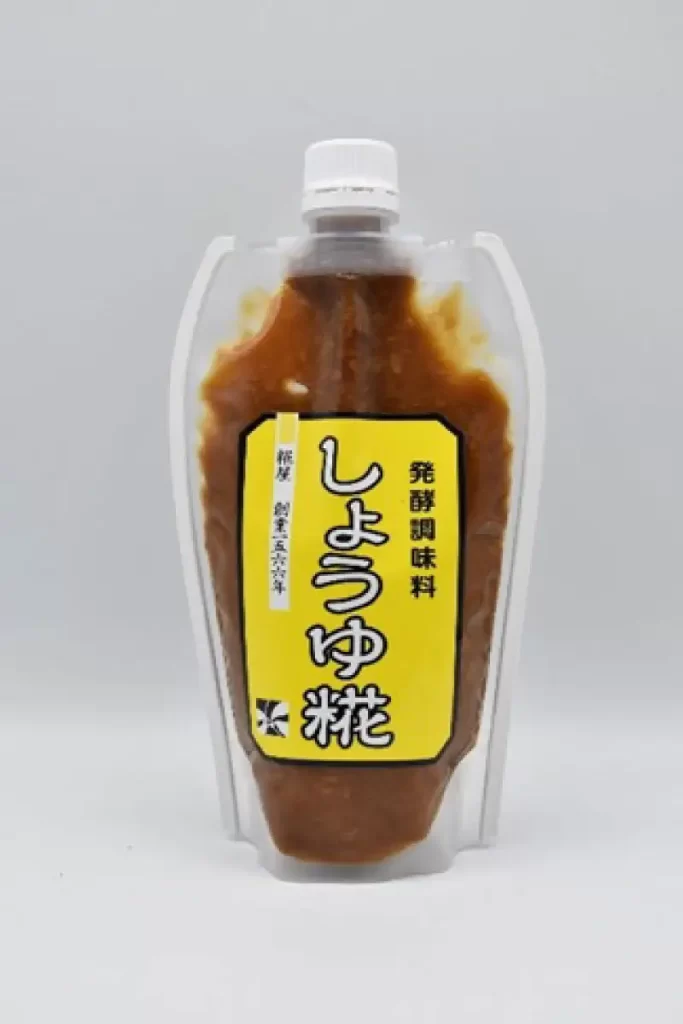
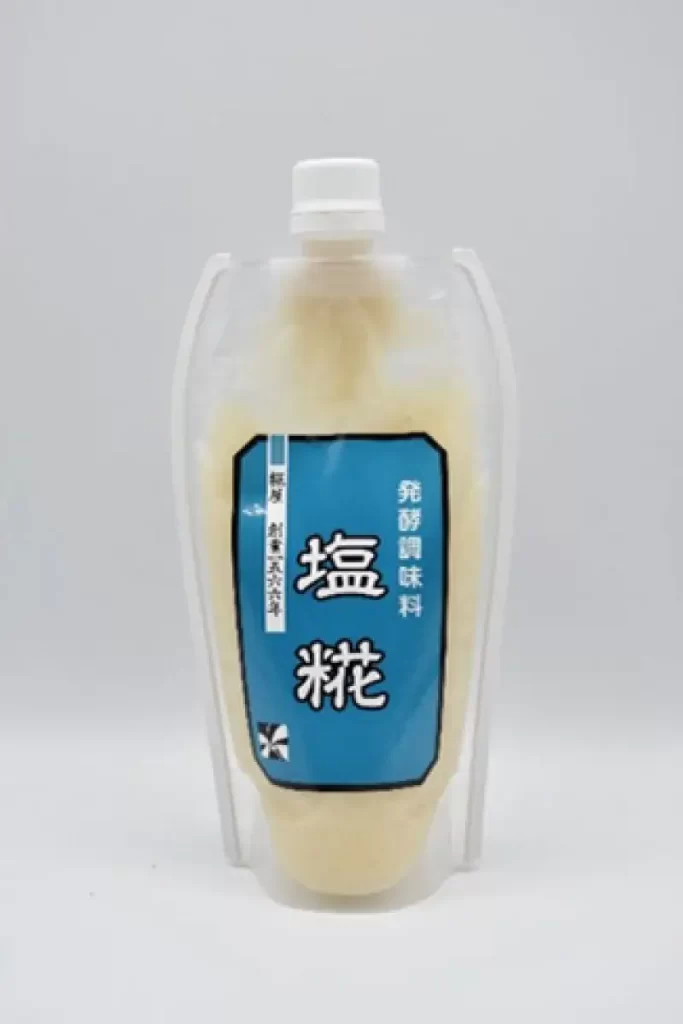
Shoyu Koji (Soy sauce Koji) 350g / Expiration date: 90 days, keep in room temperature
Shio(Salt) Koji 350 g/ Expiration date: 90 days, keep in room temperature


